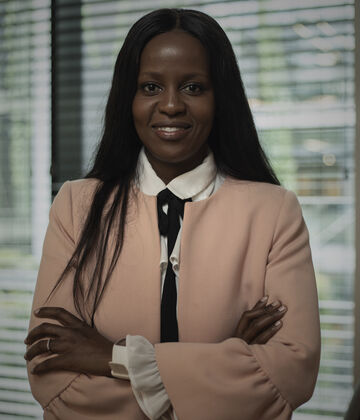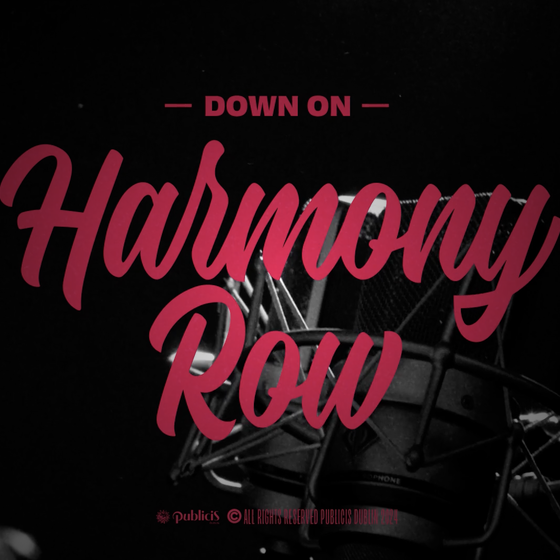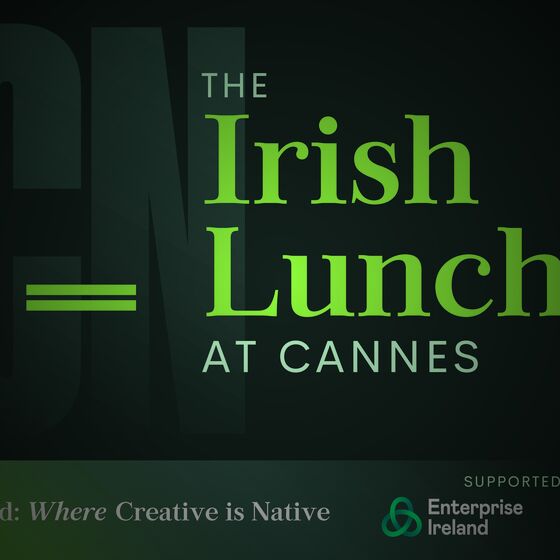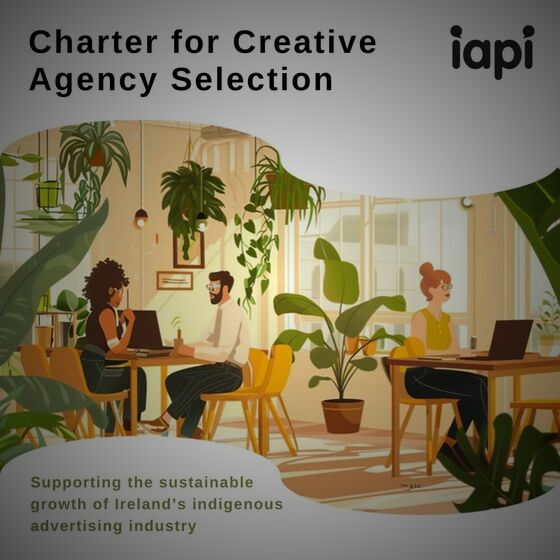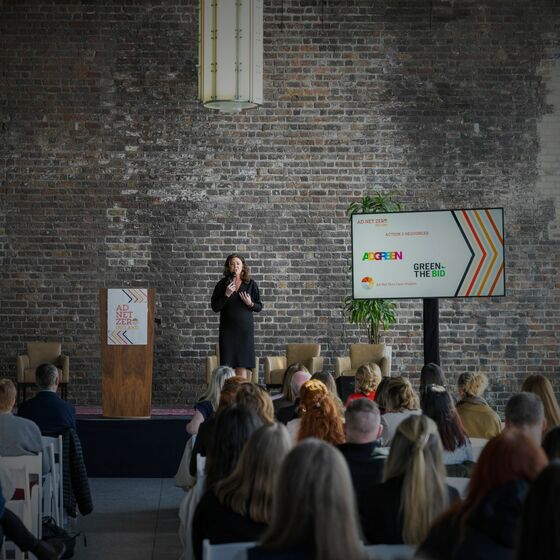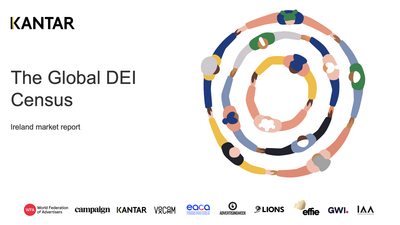In the summer, Ireland along with 27 other countries took part in the world’s first ever DEI Census led by the World Federation of Advertisers (WFA) in collaboration with agencies associations, EACA and Voxcomm, Cannes Lions, Advertising Week, Effies, GWI, Campaign, IAA and research firm, Kantar.
This large survey set out to get a better understanding of diversity and inclusion in our industry and help direct us on a roadmap that would addresses the issues for the benefit of all of us.
The good news is that the results of the global and local survey are finally out, and we can now see what areas need focus and attention in Ireland specifically. Globally the marketing sector outperformed every other category that has been analysed by research partner Kantar, scoring a 64% on the Inclusion Index, with the next highest sector, the Health and Pharmaceuticals scoring 60%. However, there are still major concerns and challenges around family status, age, gender, ethnicity and disability.
Locally while mental health issues are still considered taboo, some progress has been made by some companies in offering support to their employees, perhaps driven by the isolation in the pandemic. One of the highlights is that Ireland outperformed all countries in employers who support their employees on this subject. Of those that had made their employers aware of their mental health challenges, 76% said they generally felt supported.
- women are still underrepresented in higher positions in work despite being overrepresented at total levels, 48% vs 65% respectively
- ethnic minorities are on par with national averages but are paid less on average compared to white colleagues at every level
- we scored slightly lower than the global inclusion index as well as the sense of belonging benchmark 2% lower and 1% lower respectively
- ethnicity was the basis of the highest levels of discrimination, 13% of respondents being discriminated based on their ethnicity
- discriminating based on age, also came through as a challenge with 45% of respondents believing age played a factor in stalling career
- building on the age challenges, 33% of women did not believe that their company treated all employees equally regardless of age, while a lesser % men also felt the same, 23%
- again, the burden of parenting which we have seen tending to fall on women came in strong with more women respondents more likely to believe that family status can hinder their career. 52% compared to 27% for men
“I believe it’s in moments like this where we have the opportunity to rewrite history," commented Stha Banks, Head of Paid Social, Core. "The DEI Census offers us insights into the lived realities of our underrepresented colleagues. As we look at the data, we can see where we need to work harder in fostering inclusivity and encouraging equality in our day-to-day work lives. The numbers serve as benchmarks which all of us in our individual organisations could leverage to improve experiences and create more fairness.
The qualitative part of the result pinpoints to the real struggles. As we strive to attract and retain talent, it’s important we listen, assess our own organisations DEI commitments and act now. Adopt and or adapt tools and initiatives that will continue to build a sustainable marketing and communications industry that we can look back in 5 years and be very proud of.”
